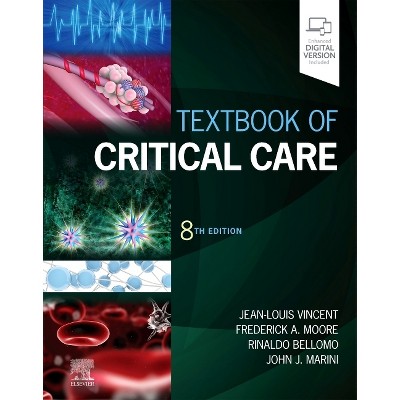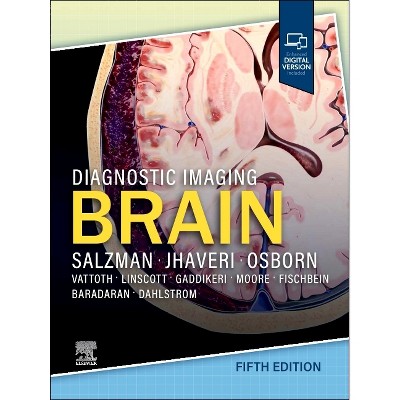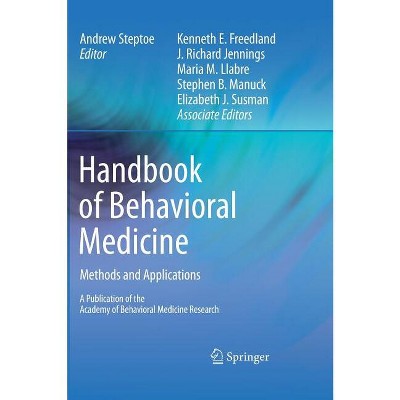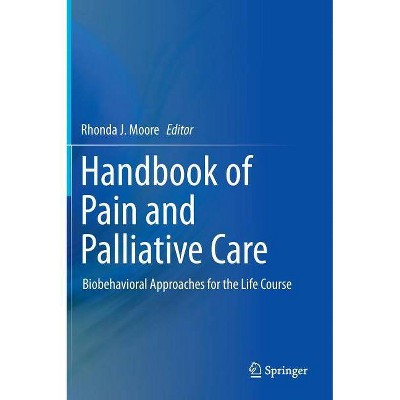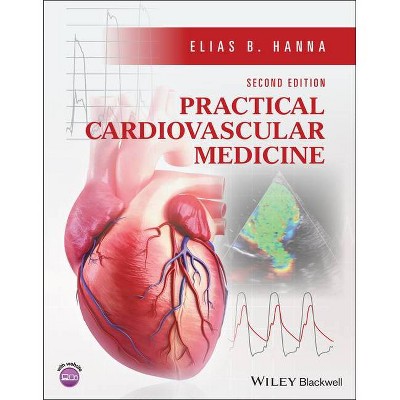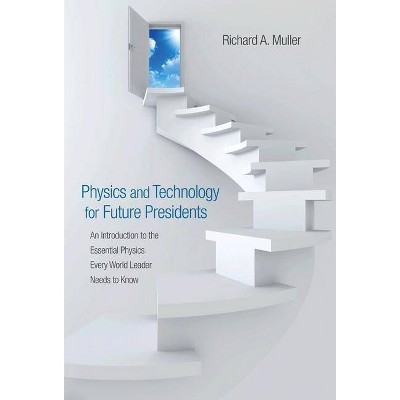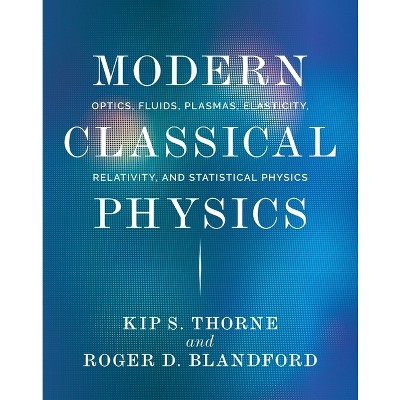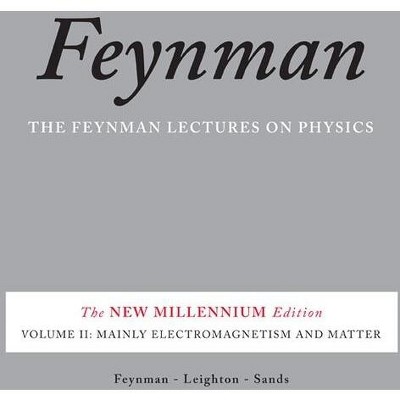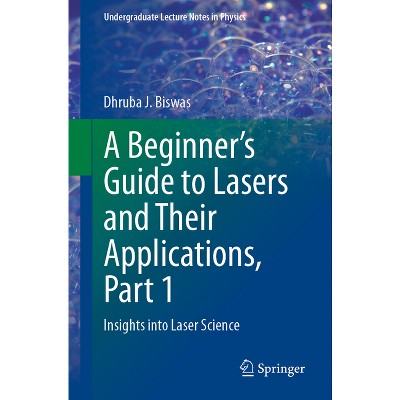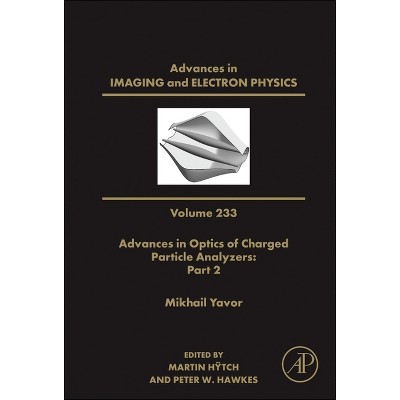Sponsored

The Energy of Physics, Part I - 2nd Edition by Christopher J Fischer (Paperback)
In Stock
Sponsored
About this item
Highlights
- The Energy of Physics, Part I: Classical Mechanics and Thermodynamics provides students the opportunity to learn physics the way in which physicists understand the discipline.
- Author(s): Christopher J Fischer
- 582 Pages
- Science, Physics
Description
Book Synopsis
The Energy of Physics, Part I: Classical Mechanics and Thermodynamics provides students the opportunity to learn physics the way in which physicists understand the discipline. In contrast to standard textbooks, which introduce forces first, this text begins with classical mechanics using the concept of energy conservation. By inverting the standard order of presentation, the book enables students to understand and use calculus effectively, particularly toward applications in physics.
Energy conservation is a constant theme throughout the text. Newton's laws are presented in terms of work and changes in kinetic energy, and forces are introduced as the derivative of potential energy, which is necessary for defining equilibrium conditions. A generalization of forces and Newton's laws then motivates the concepts of linear and angular momentum. The mode of presentation also allows thermodynamics to be incorporated throughout the text.
The second edition includes a new chapter on fluids and new and additional practice problems for all chapters.
The Energy of Physics, Part I gives students a better understanding of classical mechanics and provides a solid foundation for more advanced physics concepts and courses. The text is ideal for calculus-based physics courses for science and engineering majors.
Christopher J. Fischer is an associate professor, the associate chair of the Department of Physics and Astronomy, and the director of the Engineering Physics Program at the University of Kansas, Lawrence. He holds a Ph.D. in applied physics from the University of Michigan, Ann Arbor. His research focuses on biophysics with an emphasis on understanding the function of molecular motors, especially those that manipulate DNA structure. He has been extensively involved in curriculum development at the University of Kansas, including the redesign of the introductory calculus-based physics sequence.
Review Quotes
"This textbook is unique and innovative. It is also concise enough that students will actually read it."
Professor Philip Baringer, University of Kansas
"This textbook upends decades-long-entrenched and ineffective approaches and, rather, helps students think about physicists the way physicists do. It focuses on the most fundamental and generally applicable concepts of introductory physics. It this way, it provides a far better preparation for advanced courses in physics and engineering, especially with regards to calculus fluency."
Professor Michael Murray, University of Kansas
"Some of the things that I really like about this book are the overarching theme of conservations laws, the organization of the material, and expectation that students use calculus on a regular basis. Starting with energy conservation helps students understand kinematics better as well as gives students a common scaffold for problem solving throughout the course. It's also easier for the students since scalars (energy) are more mathematically tractable than vectors (forces). Plus, increasing the calculus content throughout the course definitely helps students with their applied mathematics skills."
Professor Sarah Rush, University of Kansas
"It was easy to see how much simpler problems could be solved using energy in later chapters rather than describing the problem using forces. I roomed with a junior mechanical engineer who wished he had learned physics in this way because of how elegant the solutions became when going through the material in the way provided by the course."
C.W. Robertson, BS Physics major, University of Kansas
"Going deeper into thermodynamics was helpful especially for us engineers. It gave us a little insight and background into what we will have to learn in later classes. I also enjoyed having the strong emphasis on calculus because it made things more challenging but also in a way a lot easier to understand. I think it simplified some of the calculations and equations. It also helped me with my calculus class because I was getting even more practice."
Jessica Gjerde, BS Architectural Engineering major, University of Kansas
